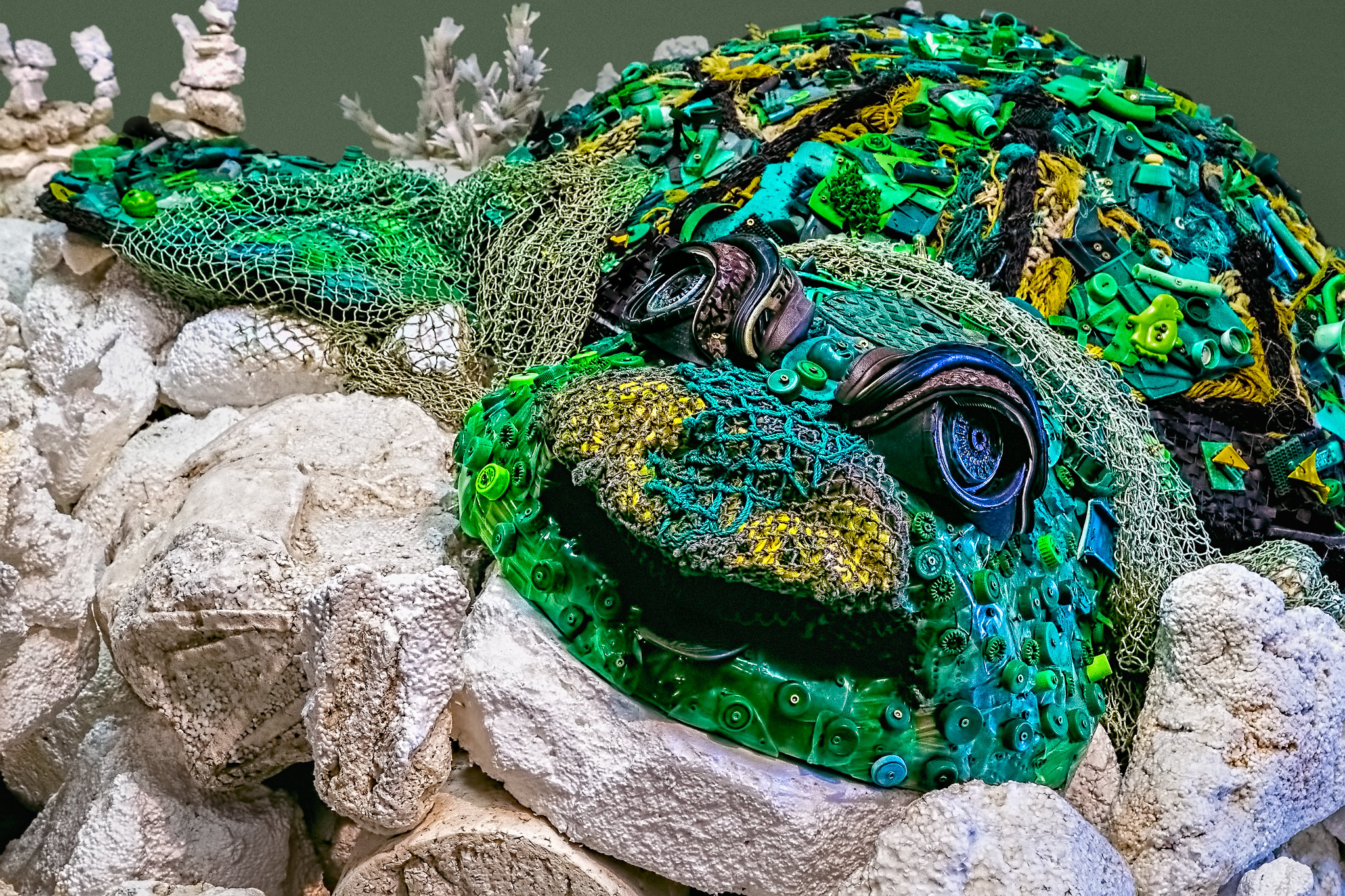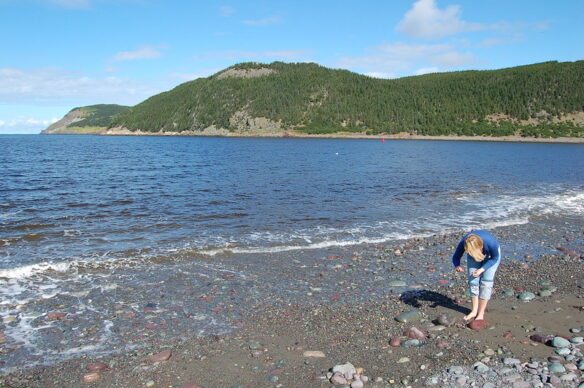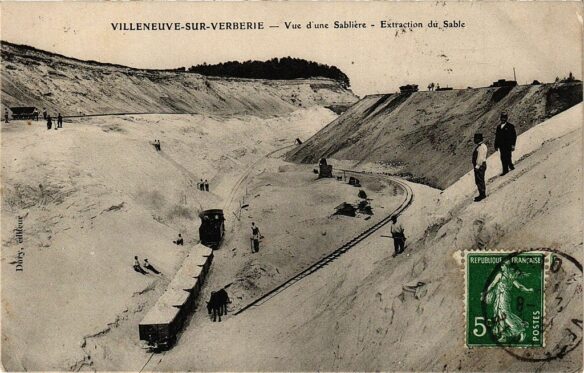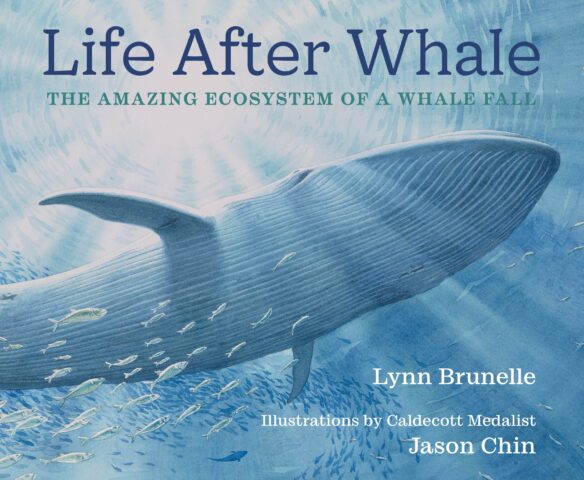Excerpt:
Question from Neerupama, age 11, Delhi, India..
To better understand why plastics don’t biodegrade, let’s start with how plastics are made and how biodegradation works.
Oil, also known as petroleum, is a fossil fuel. That means it’s made from the remains of very old living organisms, such as algae, bacteria and plants. These organisms were buried deep underground for millions of years. There, heat and pressure turned them into fossil fuels.
Petroleum contains a lot of a chemical called propylene. To make plastic, refiners heat the propylene together with a catalyst – a substance that speeds up chemical reactions. This causes individual molecules of propylene to hook together like beads on a string.
The chain is called a polymer – a large molecule made of many small molecules strung together. Its name, polypropylene, literally means “many propylenes.” And the bonds between these molecules are super strong.
When something that is biodegradeable, like a cardboard box, breaks down, microorganisms that are present in nature break down and digest the polymers in it. They do this using enzymes – proteins that help speed up the breakdown of compounds such as lignin, a natural polymer found in plant tissues.
If oxygen is present, which usually means the microbes and the thing they are breaking down are exposed to air, the polymers will biodegrade completely. Eventually, all that’s left will be carbon dioxide, water and other biological material.
Oxygen is essential because it helps the microorganisms that degrade the material live longer. Biodegradation is usually fastest in hot, wet environments where there are enough microorganisms – for example, damp leaves on the ground in a warm tropical forest.
But polymers like polypropylene are not abundant in nature. The enzymes in the microorganisms that break down biodegradeable materials don’t recognize the bonds that hold polymers together.
Eventually, the polymers in plastic waste may break down, perhaps after hundreds of thousands of years. But when it takes such a long time, the damage is already done to the environment. Plastic trash can release harmful chemicals into soil and water, or break into tiny bits that animals, fish and birds eat…









